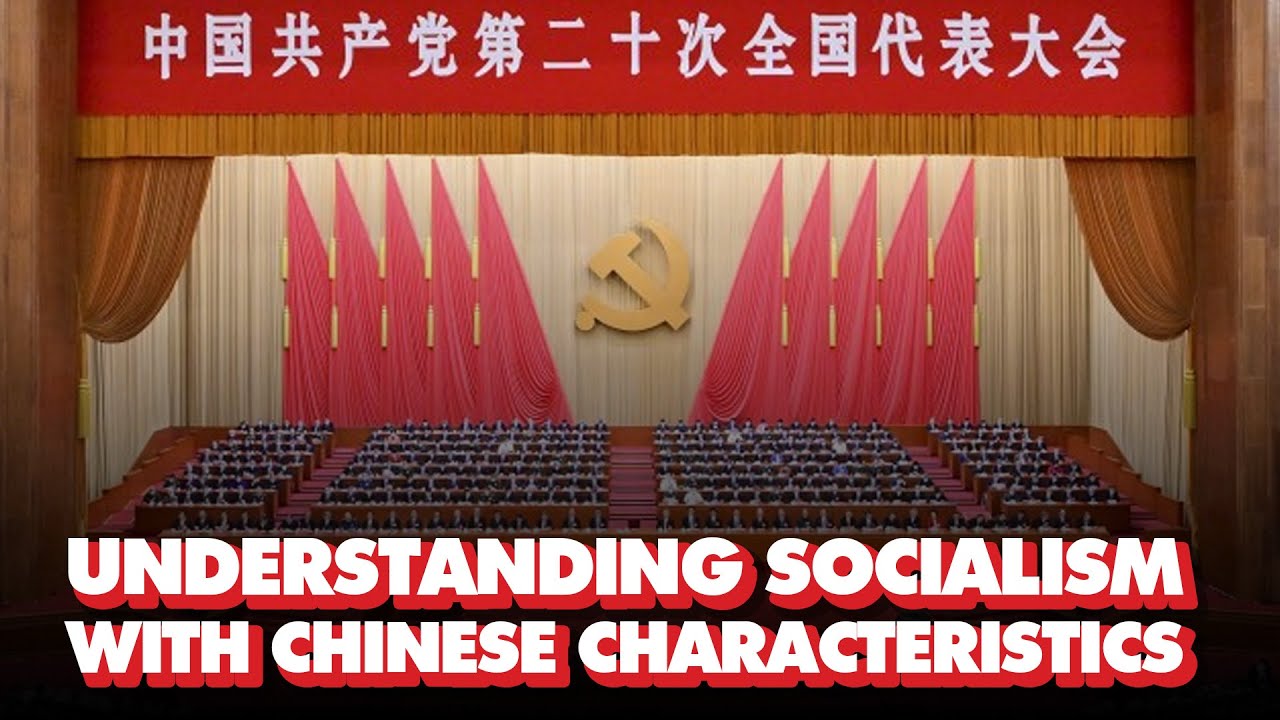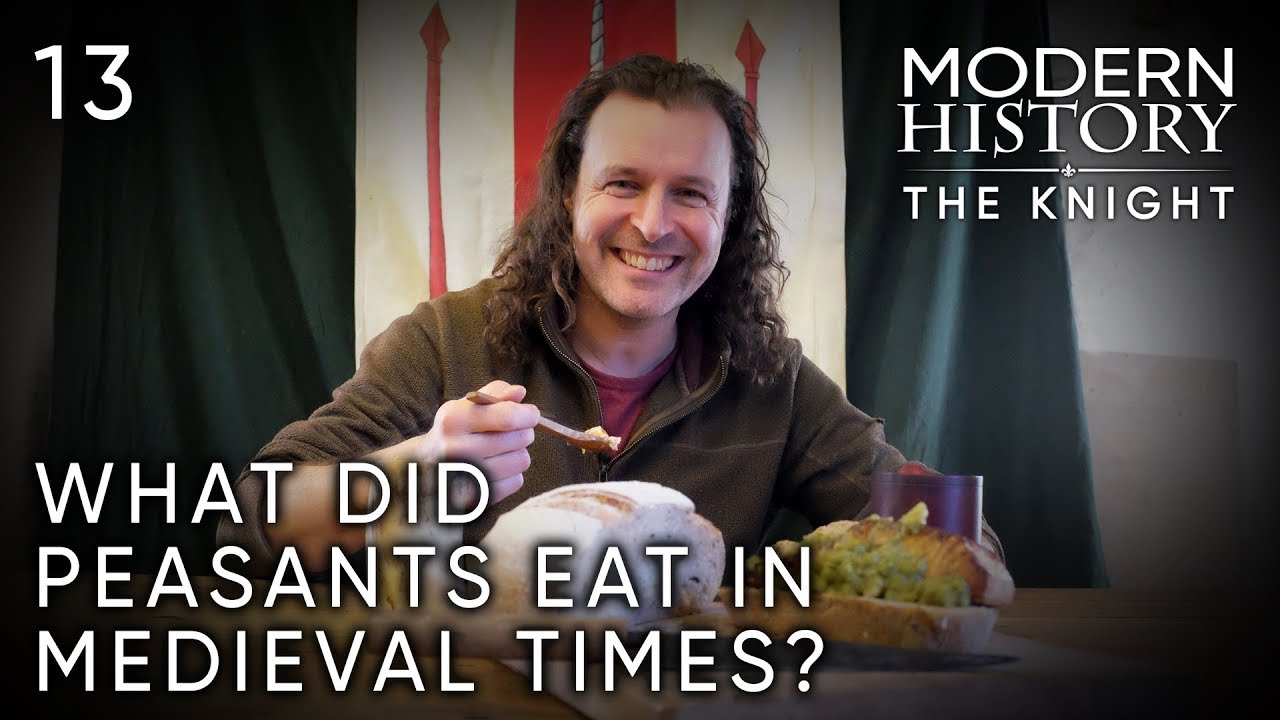

Is it really silencing dissent to point out monogamy is more complex than your strawman? It’s hardly a call out to do so. I think it is worth mentioning that merely being the mirror image of dominant structures can not only end up supporting them, but developing those structures. That isn’t “not all men” or whatever, it’s just respect for the dialectic. It’s not 2016 anymore.
IMO There are too many performative non-Christians that are happy just making “owning the conservatives” their identity and it shows in the static discourses. This is a problem in addressing systemic issues because any attempt at actually putting vitality into the discourse beyond dunking on idiots instead of responding to the dynamics of the world is dismissed as some kind of reactionary regression or an accusation.











I dont think gamers know what they want.